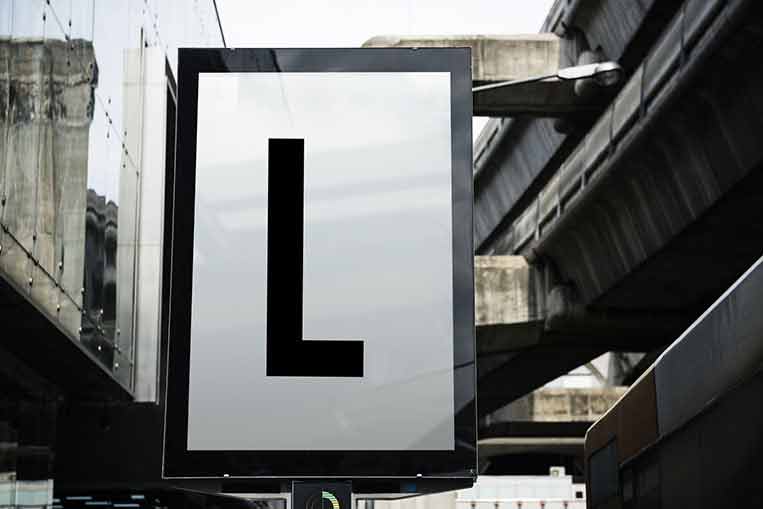EMPOWERMENT ALPHABET
LOCUS OF CONTROL
One of the most basic needs of human beings is finding an explanation for things happening around them; people need to try and find the cause of things, especially when they are not successful.
Among the various attitudes and inclinations that characterize each person, locus of control represents an important one as it may facilitate or hinder one’s predisposition towards self-empowerment.
Locus of control refers to the degree to which people believe they have control over events in their lives, it is, in good substance, the meaning we give to facts or situations, either attributing them to ourselves or to external forces. All the events happening in our lives will, therefore, partly depend on our behaviors and partly on someone else’s behavior or external occurrences.
Moreover, we need to say that our causal attribution is never completely objective as it gets affected by our perceptions, opinions, emotions, and personality traits that − as shown by several studies − lead us to regularly overestimate our contribution to group activities. As already said, character may influence such attributions, leading us, for example, to be excessively harsh on ourselves and to overestimate our responsibilities (faults) in case of failure or mistake.
Causal attribution may easily help or hinder the opening to new possibilities. However, it is not a matter of distorting or forcing our perception but rather of learning to properly use our magnifying lens in order to start looking at the causes that empower us the most. If you start analyzing all the external causes that determined a given situation − irrespectively whether you find a lot or just a few − you will just end up making a detailed, and yet limiting and discouraging, report of your possibilities. You will end up knowing everything about what the others did or should have done or about how external events had an influence in determining the current situation… but you will have scant information on yourself, on the role you played, and on the behaviors or alternative ways you could have adopted. In this view, you act like an entomologist, who, studying and observing beehives, knows everything about them and their dynamics while remaining external and uninvolved.
On the contrary, the most empowering and successful stance is that of starting from one’s own contribution to the events, exploring the inner causes that led to a given situation: “What did I do (or not do)? What should have I done differently? What did we do well and we didn’t?”. Such an attitude encourages an explorative stance with regards to one’s impact and, as consequence, empowers whoever is adopting it while opening up new possibilities. In this perspective, people are encouraged to ask themselves what they can do or could have done and therefore open to explore and try different alternatives. Moreover, this attitude leads us to be open towards feedback and to actively ask for feedback on our behavior and choices and on what we could have done differently. If others perceive us as being in search for such answers, they will find it easy to be honest and direct. Otherwise, we may end up finding people who dismiss us saying: “There’s nothing you could have done about it. You did everything you could”.
One last, and yet important, distinction needs to be made between causal attribution and personal responsibility on one hand and attribution of guilt on the other. Locus of control simply focuses on cause-affect relationship, while avoiding any moral judgment. The more we will be able to remain on this level, the freer and clearer will our evaluations be and the greater their effectiveness.
We suggest you an exercise aimed to observe the impact of individual actions on the broader context. For one week, try emphasizing three positive behaviors (for example, enthusiastically greeting your colleagues in the morning, giving someone an unexpected gift everyday, asking “how are you?” before discussing work related issues, treat your colleagues to coffee whenever you can…). At the end of the week ask yourself what effect did these little attentions have: did they make any − albeit small − difference or did they go unnoticed? What if such actions, rather than lasting one week only, became a habit?
If you wish, you can leave your thoughts in the comments below.

Scrivi un commento